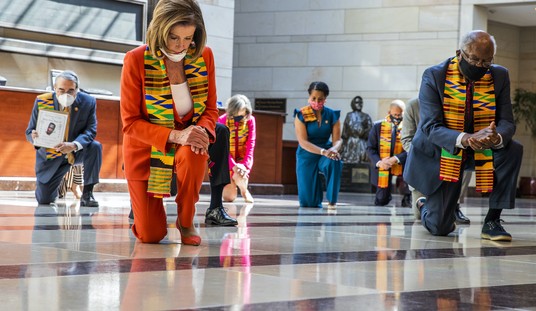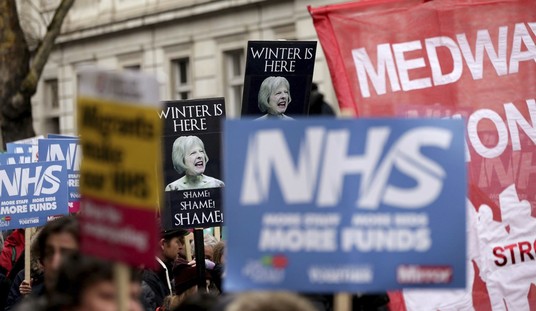At least for now, Minnesota will rely on government reductions in spending rather than tax hikes to eliminate budget shortfalls due to the deteriorating economy. Tim Pawlenty unveiled $271 million in cuts yesterday afternoon, attempting to close an expected $426 million deficit for this biennial and looking towards a $4 billion deficit in the 2010-11 budget:
Friday’s emergency cuts will take immediate effect and will temporarily wipe out the short-term deficit, although Pawlenty was quick to note that a second round of reductions may be needed early next year.
“Our country and our state are facing historic financial challenges … and it’s going to require difficult decisions,” Pawlenty said as he announced the cuts. “Families across Minnesota are tightening their belts, and they expect government to do the same.”
To protect K-12 schools, the state’s single-largest spending item, Pawlenty cut more deeply from local government, health care and higher education — unappetizing choices, he noted, but necessary in the face of an economic situation that continues to worsen.
Pawlenty described the cuts as “modest” and said that despite what critics may say, there should be no need to cut into essential police and fire services. In not-so-veiled references to Minneapolis and St. Paul, Pawlenty said that so long as cities maintained their own human rights departments and cultural community liaisons, they had places to cut before touching basic services.
The legislature wanted to enact an across-the-board 1.6% cut for all state spending, but Pawlenty instead decided on prioritizing the cuts. Thus far, he has managed to protect K-12 funding, but eventually that may fall under the knife as well. Higher education did not fare as well, losing $20 million each to the University of Minnesota and Minnesota State Colleges and University systems.
King Banaian, chair of economics at a MnSCU school (St. Cloud State), notes the cuts and says much more draconian intervention will be needed:
You can only unallot monies that haven’t been spent, and if you sent out the LGA money on the 26th you would either have to make deeper cuts to human services and higher ed, or impose a quicky tax increase. Besides bad timing, the latter option probably is impractical in such a short period given the lag between passage of a bill and implementation. I will be waiting to see DFL reaction to this, but my expectation is that any commentary will be muted — their turn comes to deal with the $4.8 billion deficit to be closed for the upcoming biennium, so they’d be better off letting Pawlenty accept the responsibility for this without any cover or criticism.
We’re already looking around the university for money not to spend, cutting travel and looking for low-enrollment classes we might be able to cut.
I’m encouraged that the first impulse in this state and this governor was not to raise taxes but to look within government for ways to live within its means. We’re already in the top ten states for tax rates, and we need to stimulate growth by keeping capital in the markets, not by government confiscation of capital.








Join the conversation as a VIP Member